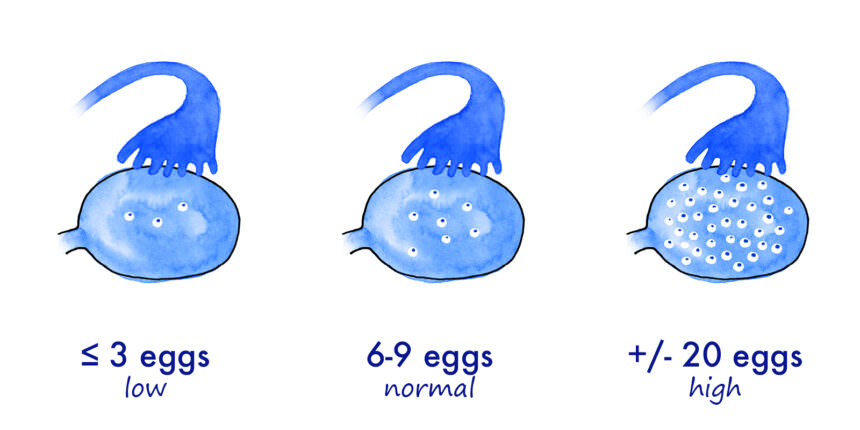
How does the ovarian reserve affect an IVF treatment?
The ovarian reserve is the number of eggs a woman has at a specific time. The measurement of the ovarian reserve informs us of the ovaries´ ability to recruit eggs that could be fertilized and could result in pre-embryos capable of implanting in the uterus.
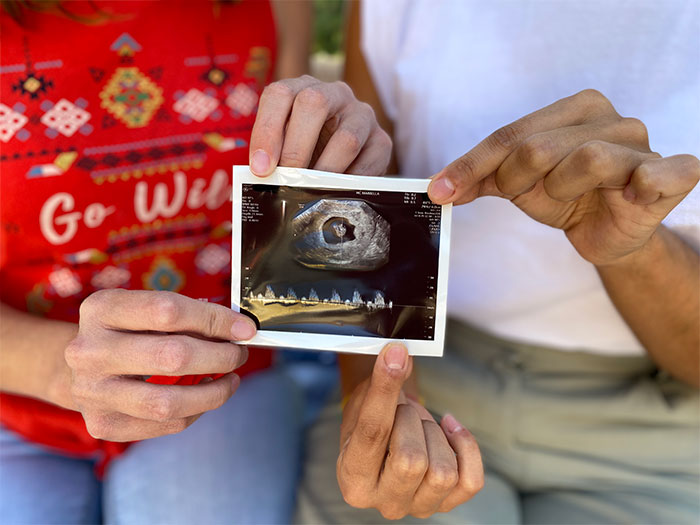
3 fertility treatments for female couples
At HC Fertility we have been accompanying the LGBTI+ community for years, helping lesbians, bisexuals, transgender, intersex people, as well as the rest of sexual and gender diversities to achieve their dream of having a baby. The right to motherhood and fatherhood is one of the claims of LGTBI+ collective. So, on this important day, HC Fertility wants to inform you of all the available options we offer to fulfill the dream of having a child, as this is a very common question in patients who want to take the plunge. Couples of women have different options to become mothers
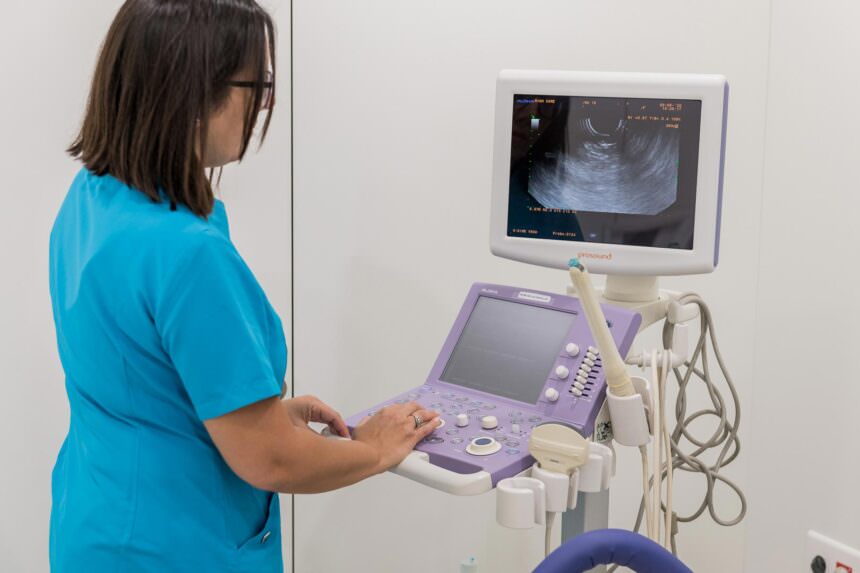
Natural cycle in Embryo Transfer
Duration of an IVF treatment
In total, a complete IVF process can take about 5 to 6 weeks. However, it is difficult to establish exactly how long this whole process will take since each person reacts differently when undergoing hormone therapy.

How long does IVF treatment take?
In total, preparation for the complete IVF process can last between 6 and 8 weeks. However, the start of stimulation until embryo transfer lasts between 14 and 18 days if the procedure is performed during the same cycle.
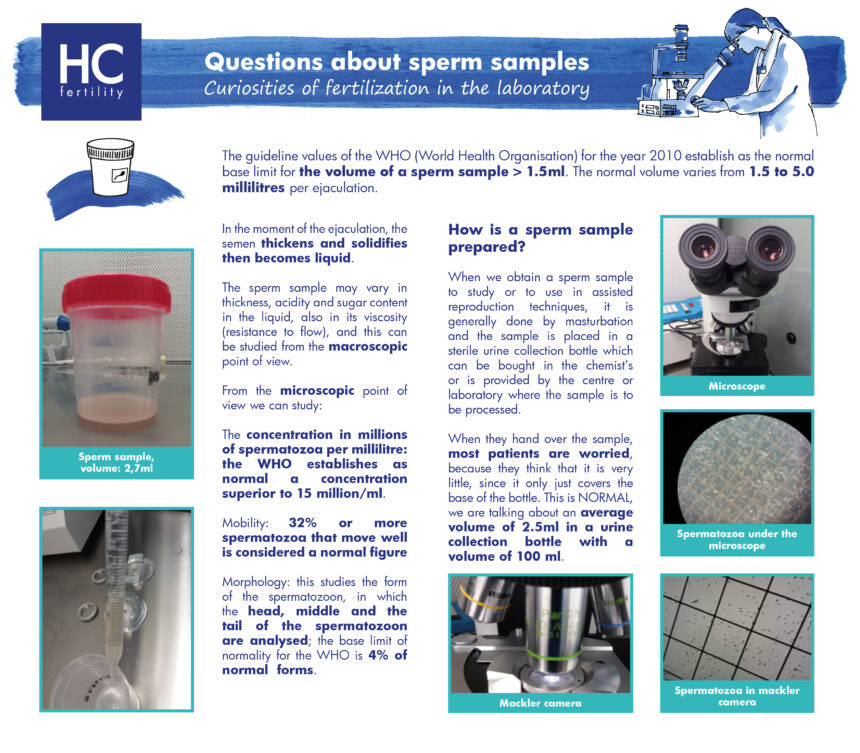
Sperm samples: Curiosities of Fertilization in the Laboratory
The guideline values of the WHO (World Health Organisation) for the year 2010 establish as the normal base limit for the volume of a sperm sample > 1.5ml.
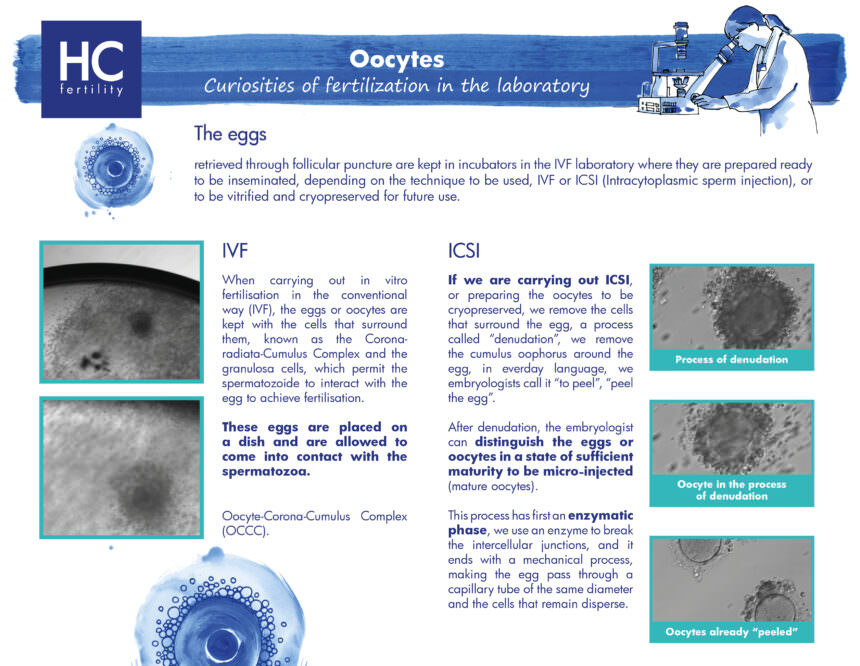
Eggs: Curiosities of fertilization in the Laboratory
The eggs retrieved through follicular puncture are kept in incubators in the IVF laboratory where they are prepared ready to be inseminated, depending on the technique to be used, IVF or ICSI (Intracytoplasmic sperm injection), or to be vitrified and cryopreserved for future use.
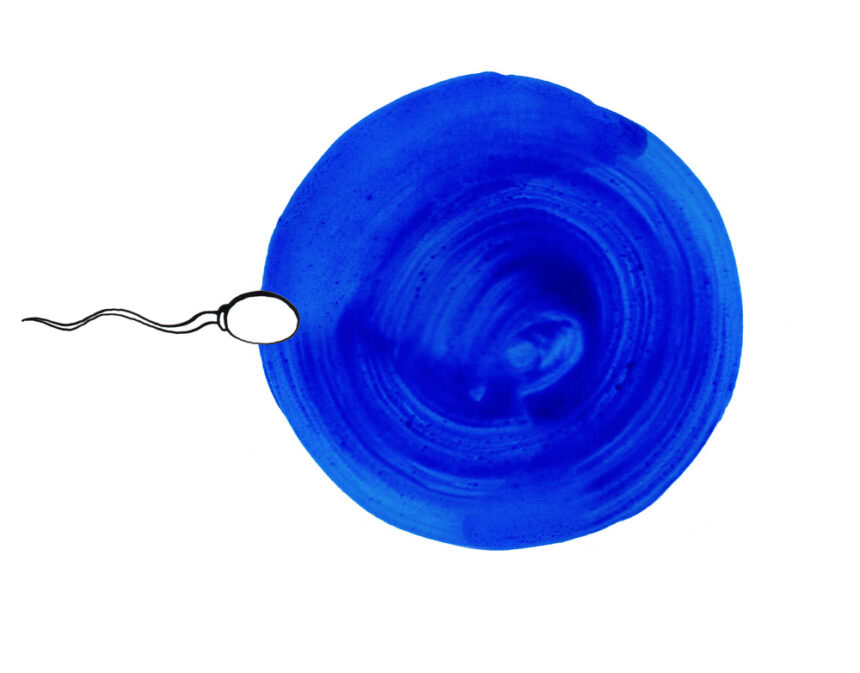
What does sperm capacitation consist of?
Sperm capacitation involves the physiological changes that are produced naturally in the spermatozoa as they swim up the female genital tract and which enable them to acquire the capacity to fertilise. These modifications are: The change in the way in which the spermatozoide moves, changing from moving in a straight line to oscillating. The modification in the composition of the outer part of the spermatozoide, known as the membrane, to acquire the capacity to fuse with the egg.

Implantation: the most delicate and mysterious phase of pregnancy
Only 30% of the embryos naturally implant.

Compatibility Testing or Genetic matching
The tranquility of leaving the best inheritance possible: HEALTH.
